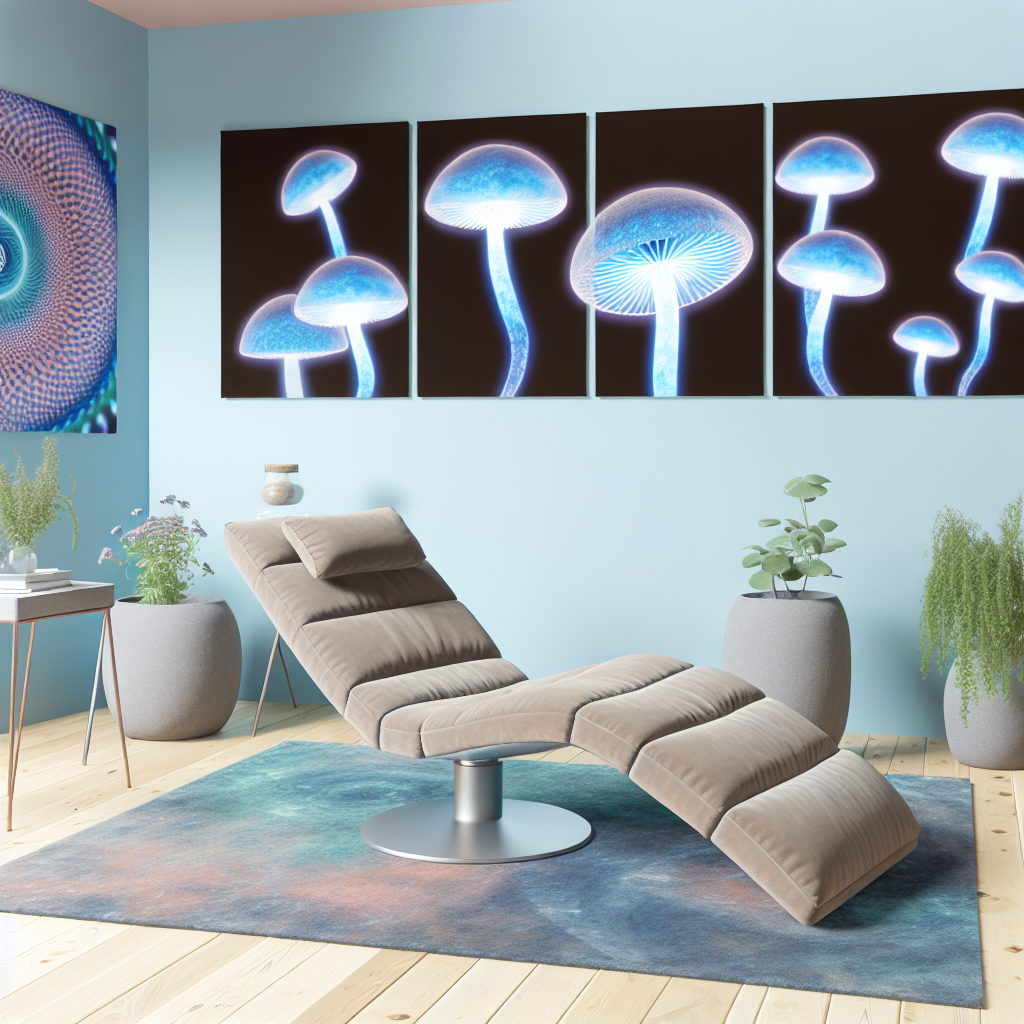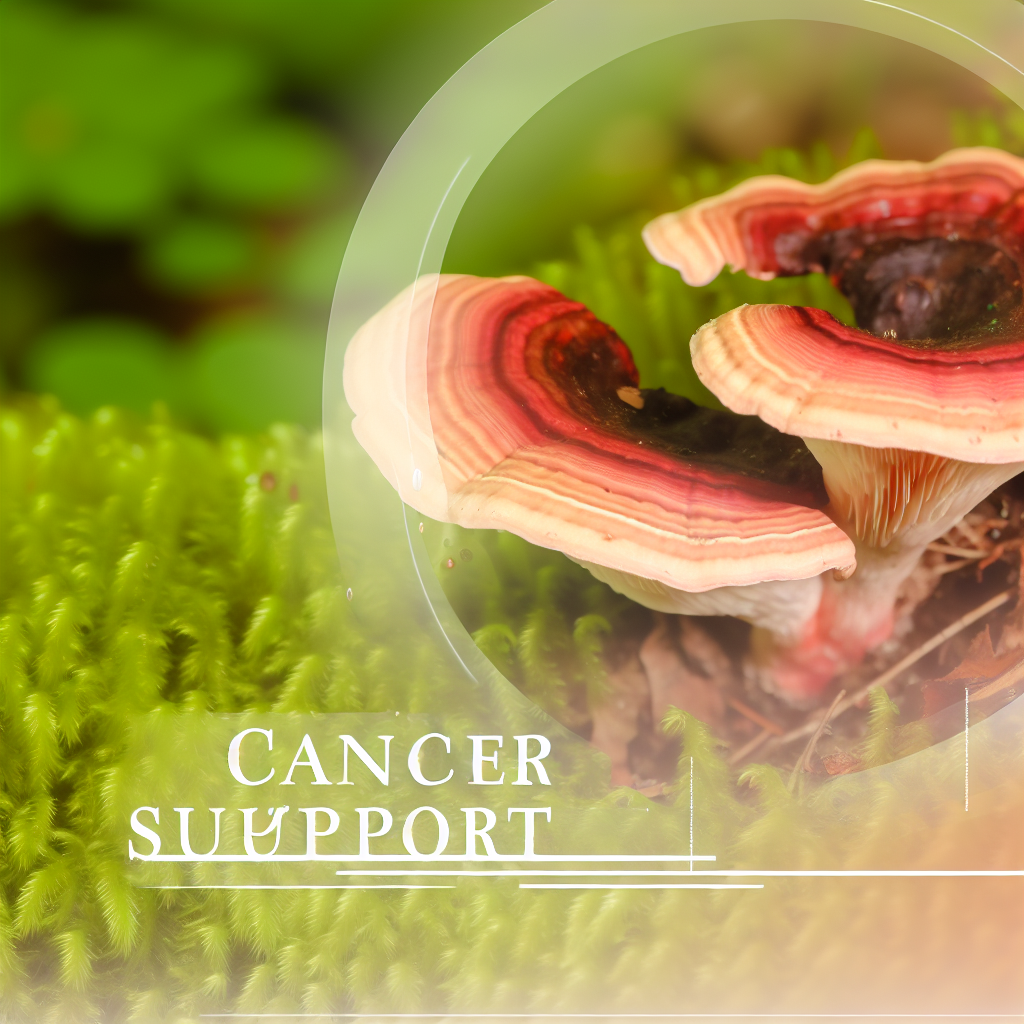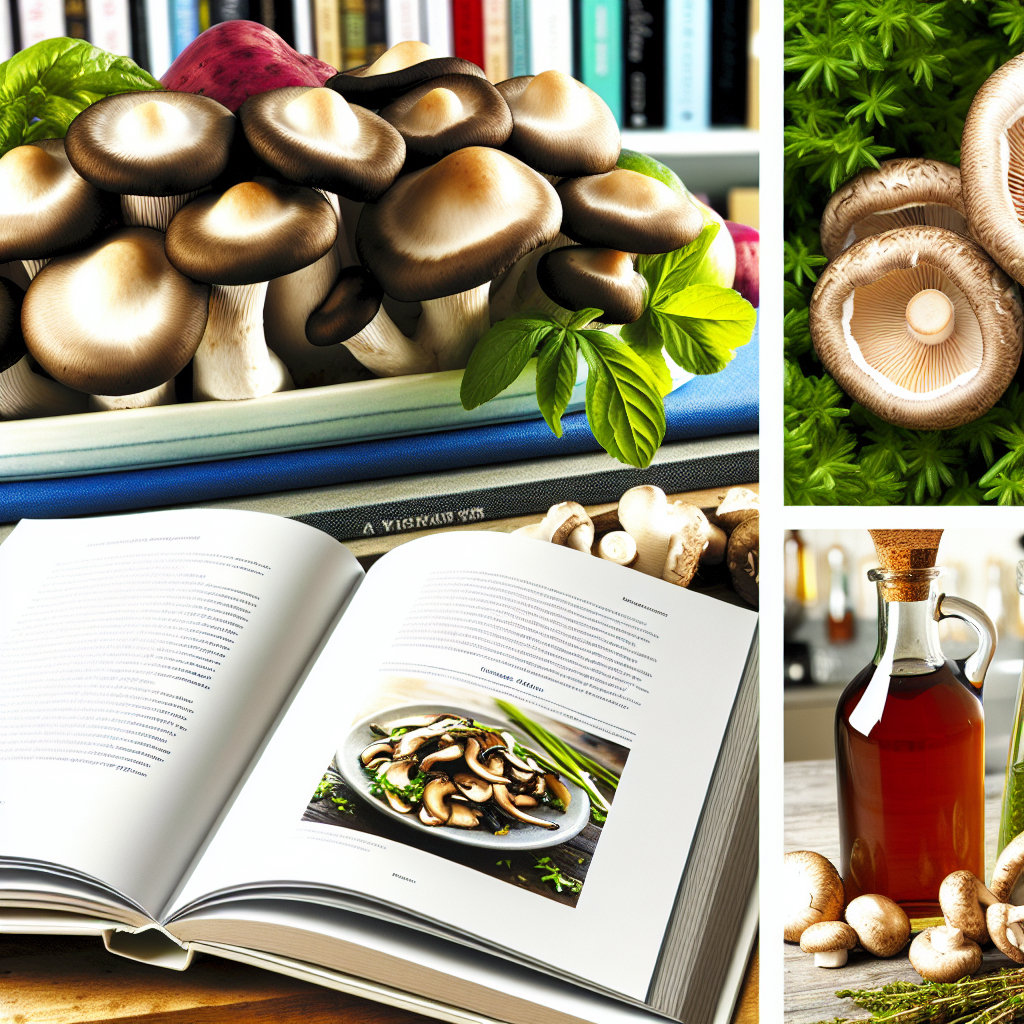# Best Substrate Recipes for High-Yield Psilocybe Cubensis Harvests
Why Substrate Matters in Mushroom Cultivation
Psilocybe cubensis is a saprophytic fungus, which means it breaks down and feeds off organic matter. The right substrate gives these mushrooms the nutrients, moisture, and structure they need to grow rapidly and fruit prolifically.
Common materials like coconut coir, straw, brown rice flour, and manure can all serve as substrates. However, the most effective grows tend to use a combination of these ingredients—balanced mixes that improve water retention, nutritional content, and airflow. Moisture levels, texture, and sterilization are also critical in preventing contamination and encouraging healthy growth.
Interestingly, while genetics influence psilocybin content the most, some research suggests that substrate composition may lightly affect mushroom potency, particularly through micronutrient and terpene availability.
Substrate Recipes Backed by Research and Clinical Studies
Recent years have seen growing investment in understanding the ideal conditions for Psilocybe cubensis cultivation, especially in clinical and therapeutic settings. Below are findings from recent studies and cultivation experts.
Coconut Coir, Vermiculite & Coffee Grounds Mix
A 2020 study in the Journal of Applied Microbiology found that a coconut coir and vermiculite blend, enriched with gypsum and spent coffee grounds, outperformed other substrates. This mix improved nitrogen access and colonization speed, leading to significantly higher yields.
Classic PF Tek with Brown Rice Flour
Still recommended for beginners, the PF Tek method—a mix of brown rice flour and vermiculite with sterile water—provides a reliable growth platform, particularly in small jars or containers. Though yields are smaller compared to bulk substrates, this method is low-cost and low-risk.
Hardwood Pellets, Gypsum & Composted Manure Blend
In a pilot study at the University of British Columbia, researchers explored a blend of spent hardwood pellets, gypsum, and composted manure. The substrate delivered a near-ideal carbon-to-nitrogen ratio, robust hydration, and reduced contamination, making it highly promising for clinical-grade psilocybin production.
Enriched Compost Substrate for Clinical Harvests
The Beckley Foundation reported notable yield improvements—up to 32%—when switching from grain-only substrates to enriched compost blends. Though potency stayed relatively stable across different substrates, the added minerals and nutrients in compost significantly boosted biomass.
Community Favorite: Coir, Vermiculite, Gypsum & Worm Castings
Among experienced home and clinical growers, one mixed substrate stands out: a base of coconut coir and vermiculite, lightly moistened and enriched with gypsum and worm castings. This recipe provides:
– Optimal water retention
– Excellent aeration
– Ample micronutrients
– Natural resistance to contamination
Growers report consistent, large flushes—ideal when cultivating for therapeutic reliability or research-grade consistency.
Conclusion: Choose the Right Substrate, Reap Bigger Rewards
Maximizing your Psilocybe cubensis yields starts with mastering substrate formulation. From simple brown rice flour mixes suitable for novice mycologists to nutrient-rich compost blends designed for clinical use, the substrate can make or break your grow.
As research into psilocybin mushrooms continues to intensify, expect further refinements in substrate science—especially for maximizing both yield and consistency in therapeutic contexts. By choosing the right substrate today, you’re setting the stage for potent, clean, and sustainable mushroom harvests tomorrow.
Whether you’re growing in your garage or for a licensed therapy clinic, use the insights above to elevate your cultivation game.
Happy fruiting! 🍄
📚 References
2. Fungi Perfecti – PF Tek Method
3. University of British Columbia Psilocybin Substrate Trials
4. Beckley Foundation – Psilocybin Research and Cultivation Data
Concise Summary:
This blog explores expert-recommended substrate recipes that dramatically enhance Psilocybe cubensis cultivation, including a coconut coir and vermiculite blend, the classic PF Tek method, a hardwood pellet and composted manure blend, and a community favorite coir-vermiculite mix. The right substrate provides the nutrients, moisture, and structure these mushrooms need to grow rapidly and fruit prolifically, while also potentially affecting potency through micronutrient availability.

Dominic E. is a passionate filmmaker navigating the exciting intersection of art and science. By day, he delves into the complexities of the human body as a full-time medical writer, meticulously translating intricate medical concepts into accessible and engaging narratives. By night, he explores the boundless realm of cinematic storytelling, crafting narratives that evoke emotion and challenge perspectives. Film Student and Full-time Medical Writer for ContentVendor.com



